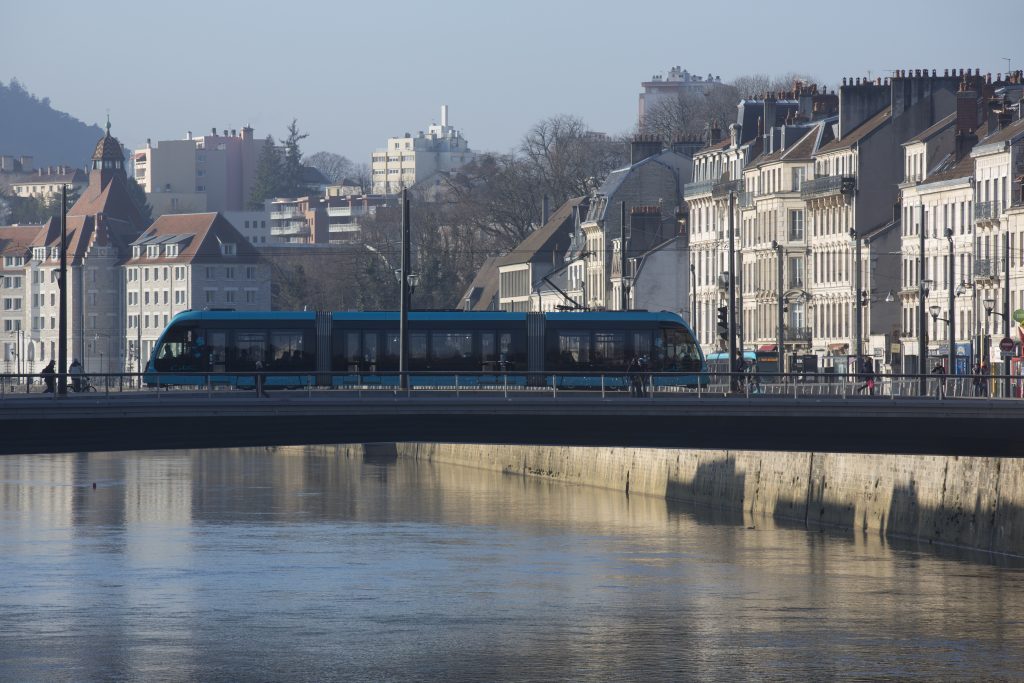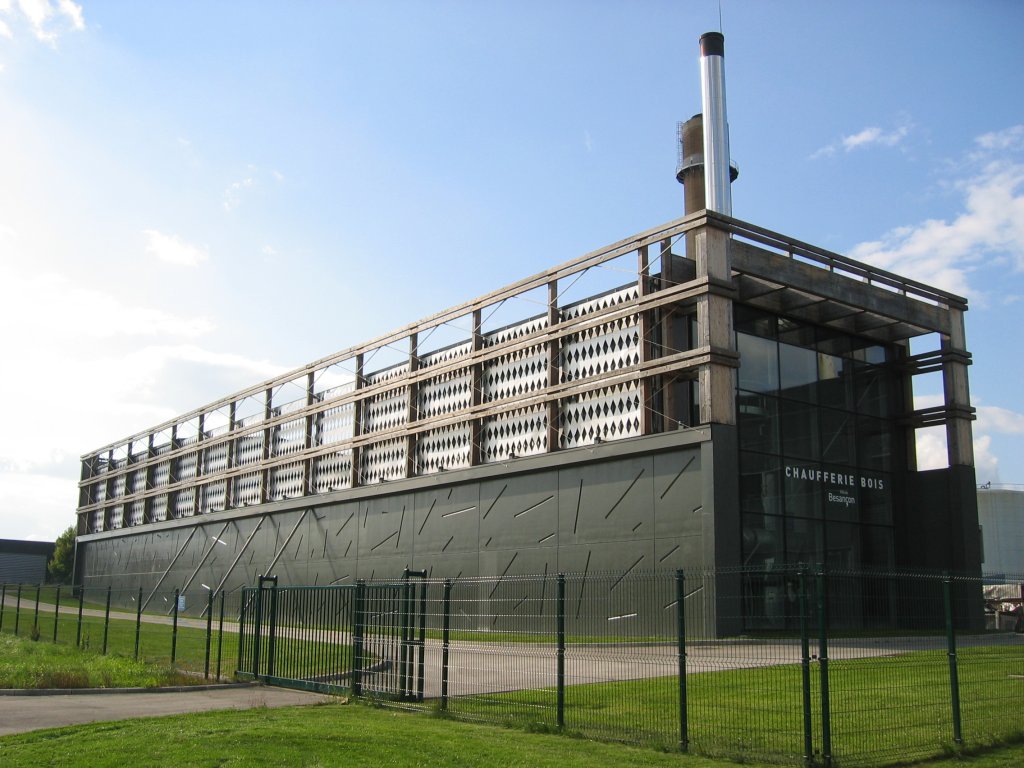Besançon’s commitments to advance in the green transition
Besançon’s energy and climate policies and innovative projects have made it one of the pioneering local authorities in the green transition in France. It is committed to becoming a sustainable and resilient territory by leading initiatives and boosting local cooperation.
A leader in the green transition
For the past decades, the city of Besançon has showed its engagement to becoming a more sustainable and resilient city which takes care about the environment and the well-being of its citizens. It aims to achieve the objective set by Grand Besançon of becoming a positive energy territory (TEPOS) by 2050.
This label designates an area which is committed to reducing the energy needs of its residents, buildings, economic activities, transport and leisure activities. To do so it must propose a comprehensive programme, called Plan Climat-Air-Energie Territorial (PCAET), Territorial Climate Air Energy Plan, to develop a new development model that is both more sober and more efficient. It serves as a roadmap for the green transition and establishes the strategic and operational objectives of the area to mitigate, effectively combat and adapt to climate change.

Grand Besançon presented its first programme in 2016 and, since 2018, it has been developing new initiatives and setting new objectives for the new strategy 2024-2029, which was adopted on September 26th 2024. It maintains the aim of becoming energy-positive territory by 2050 and highlights the need to make the area more climate resilient, increase its commitment to being zero waste and boosting circular economy and safeguard and reinforce carbon sinks.
Investing in renewables
Grand Besançon has also called on the communes of the metropolitan area to define their Zones d’Accélération des Énergies Renouvelables (ZAER), Renewable Energy Acceleration Zones, on their territory. This label allows municipalities to define acceleration zones for the installation of renewable energy production facilities following a public consultation.
In the area of Grand Besançon, 43 municipalities have identified one or more ZAER and they have already developed some projects focusing on different energy sources:
- Solar power: in the city of Besançon PV panels and PV shade systems are being installed on rooftops and on parking lots and there are plans of building a solar power plant which would supply electricity to around 1,800 people.
- Biogas: a biogas plant has been running since 2021.
- Fuelwood: the heating network of Besançon is powered by wood-fired boilers supplying electricity to public buildings.
- Wind power: the Nancr’éole wind farm is being constructed and, by 2028, the site will have three wind turbines that will provide electricity to 14,000 people.

All these efforts have been recognised as in 2012 the city of Besançon was awarded with the European Energy Award Gold (EEA) for the first time. The label supports local governments in establishing interdisciplinary planning approaches and implementing effective energy and climate policy measures through the rational use of energy and increased use of renewable energies. It was one of the first cities in France to obtain this recognition and they are continually working to keep improving and renew the label.
Boosting collaboration and knowledge sharing
The city has joined several initiatives such as the project TANDEM, which establishes collaborations between French and German cities to boost their energy transition through knowledge-exchange and creating partnerships. Besançon established its cooperation agreement with the city of Freiburg in 2009 and since then they have developed different projects such as Répar’actez au lieu de jeter, repair instead of throwing away, or Manger Local, eating locally.
Also, Grand Besançon launched in 2020 the Club Climat, a platform for companies, associations, public bodies and other organisations to exchange knowledge, share actions, establish partnerships and find solutions to common issues.
Discover all of them by joining one of the thematic journeys of our annual forum 2025. It will also be the best opportunity to speak with relevant actors of the energy transition and share best practices with other municipalities.

Stay tuned, registrations will open soon!

